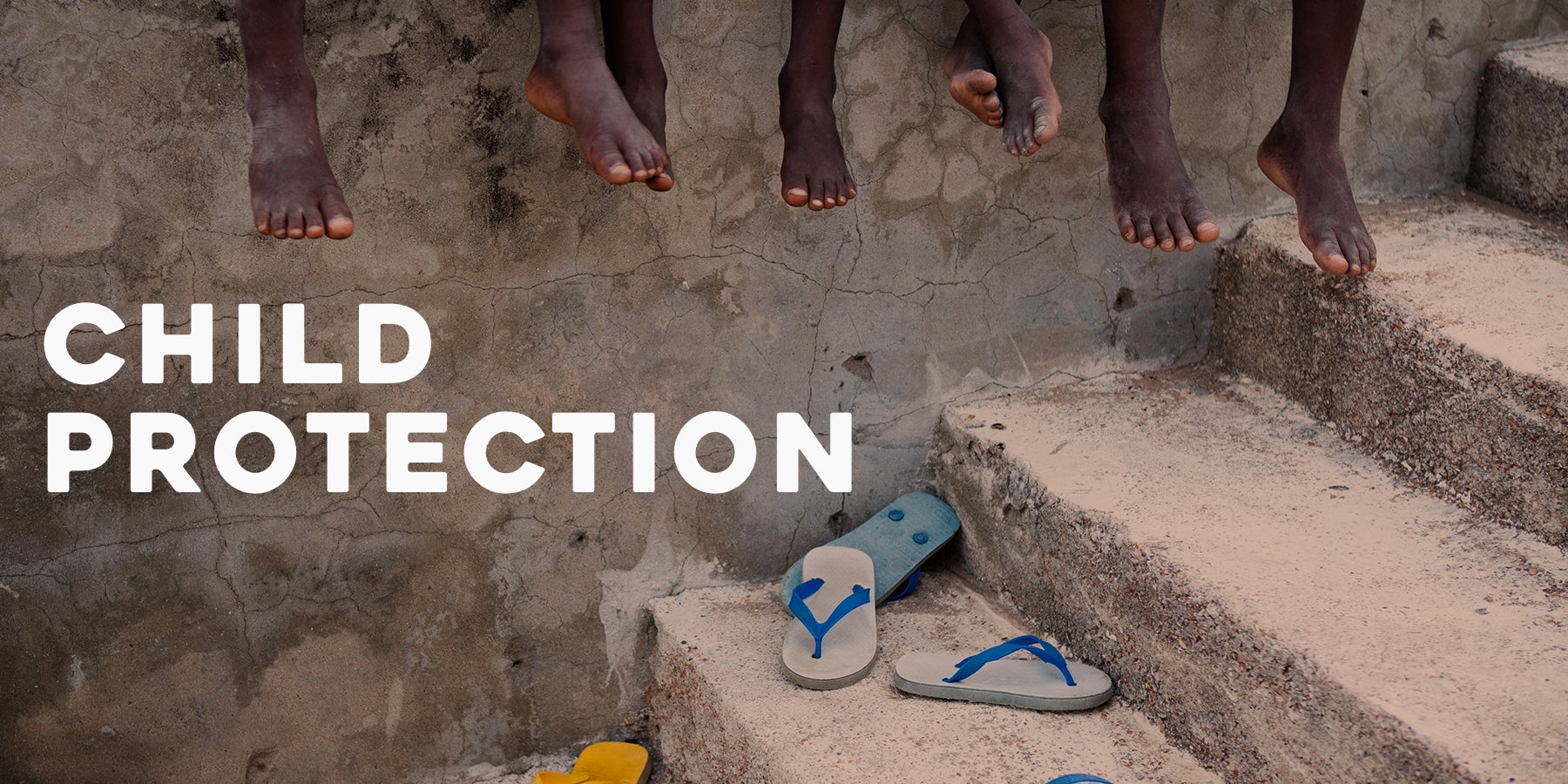
Harvard FXB’s initiatives in the area of child protection focus on advancing the rights of children in undocumented, refugee and detention settings; promoting the rights of the Roma, particularly encouraging participation of Romani children and adolescents; preventing human trafficking and bonded labor in India and the United States; empowering people with intellectual disabilities; and examining the benefits and challenges of national number identification systems. The protection of childhood crosses disciplines and subject areas, so relevant material can also be found in Distress Migration, War and Conflict Studies, and Pedagogy (a child protection certificate program for Harvard graduate students and HarvardX online course).
The Roma Program
Since 2012, Harvard FXB has implemented an innovative research and capacity-strengthening Roma program which:
- promotes the rights and participation of Romani children and adolescents,
- encourages reflection on past and present state-sponsored violence against Roma, and
- advocates for Roma rights on academic and policy agendas.
Program on Child Exploitation and Human Trafficking
The program on child exploitation and human trafficking seeks to identify effective and sustainable strategies to address harm prevention for child and youth at risk of exploitation. In collaboration with partners in the anti-trafficking community, the program conducts thorough analyses of the root causes and risk factors for child exploitation and human trafficking. Our work critically evaluates existing policies as well as promising innovations that address these entrenched problems, currently with a focus on preventative programs. Our goal is to conduct cutting-edge research for evidence-based policymaking, advocacy, and training for the next generation of leaders in the field.
Studies on Refugee Youth with UNHCR
Over sixty percent of the world’s 21.3 million refugees now live in urban areas, over half of whom are children. This requires a fundamental rethinking of humanitarian strategies to meet their needs, strategies traditionally designed for the challenges of refugee camps, and a corresponding shift in the emphasis of researchers. In conjunction with the office of the UN High Commissioner for Refugees (UNHCR), Harvard FXB conducted two studies that constituted UNHCR’s first systematic effort to understand the impact of its protection work with adolescent refugees living in two very different cities: in Lusaka, capital of Zambia, and in the cities of Quito and Lago Agrio, Ecuador.
Program on Empowering People with Intellectual Disabilities
PEPID is currently documenting the history and work of the Palestinian Happy Child Center, a grassroots initiative that offers educational and medical services to children with special needs. PEPID is also developing a cross-cultural research study to identify needs of adolescents and young adults with an intellectual disability as they transition from special education to adult services.
Gender and Adolescent Agency in India
Harvard FXB’s Gender and Adolescent Agency program, led by Research Director Jacqueline Bhabha, is an ambitious composite action research project. Based on data collected in different states and different constituencies, the program goal is to generate evidence-based recommendations to better protect and empower vulnerable adolescents across India. To date, investigations have focused primarily on the factors impinging on educational access for marginalized, Indian adolescent girls, as part of a more general inquiry into agency and empowerment.
Children on the Move
Children on the move (CoM) refers to a broad category of children that move within or between countries for a variety of reasons. The movement may or may not be voluntary. Children on the move may be seeking employment and educational opportunities, escaping war and political violence, seeking reunification with family, or being forcibly trafficked. They travel alone or with family members, and may be classified as refugees, internally displaced persons, unaccompanied children/minors, and voluntary migrants.
